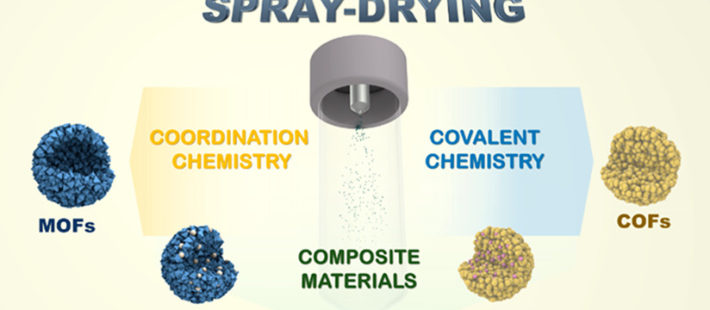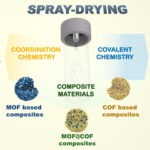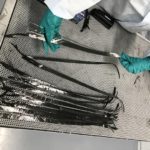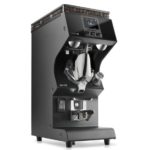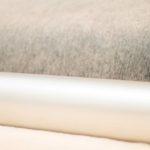MOFs and COFs are porous materials with a broad range of applications, such as gas storage, CO2 capture or drug delivery. The ICN2 Supramolecular NanoChemistry and Materials Group has demonstrated in a work in Accounts of Chemical Research that spray-drying is a suitable method for producing this kind of materials.
Spray-drying is an industrial technique based on the atomization of a solution into aerosol droplets that in turn are evaporated to end up with a powder (dried particles). This technique is well known in the chemical, food and pharmaceutical industries, where it is routinely used.
At the turn of the century, scientists showed that spray-drying could be used to engineer new materials by utilizing each aerosol droplet as a confined microreactor. Building on that work and successive progresses, the Supramolecular NanoChemistry and Materials Group at the ICN2 (Spain), led by ICREA Prof. Daniel Maspoch, has expanded the scope of chemistries accessible in aerosol droplets, including coordination and covalent chemistry. They have also demonstrated that spray-drying is a suitable method to produce metal-organic frameworks (MOFs) and covalent organic frameworks (COFs), as well as composites thereof. These results are discussed in Accounts of Chemical Research, in a work also signed by Javier Troyano, Ceren Çamur, Luis Garzón-Tovar, Arnau Carné-Sánchez and Inhar Imaz, all from the aforementioned ICN2 group.
MOFs and COFs are very attractive porous materials due to their broad range of applications, such as gas storage, CO2 capture or drug delivery. Composites made of MOFs or COFs and other materials are able to boast the strengths and mitigate the weaknesses of each component. However, to facilitate the adoption of these materials, proper fabrication methods must exist. Unlike conventional methods, spray-drying enables rapid, continuous and scalable production of dry microspherical powders in a single step. In fact, as part of the project ProDIA, and in collaboration with Prof. David Farrusseng, Axel’One and the company MOFapps, the group recently demonstrated large-scale spray-drying production of the so-called MOFs HKUST-1 and ZIF-8.
The authors anticipate that spray-drying will soon be useful to synthesize other types of crystalline porous materials. Nevertheless, they also assure that MOFs, COFs and their related composites will still have to walk some more in the journey from the laboratory to the market. They are optimistic that spray-drying processes can still be made greener, safer, cheaper and more amenable to pilot-scale.
Source: ICN2


